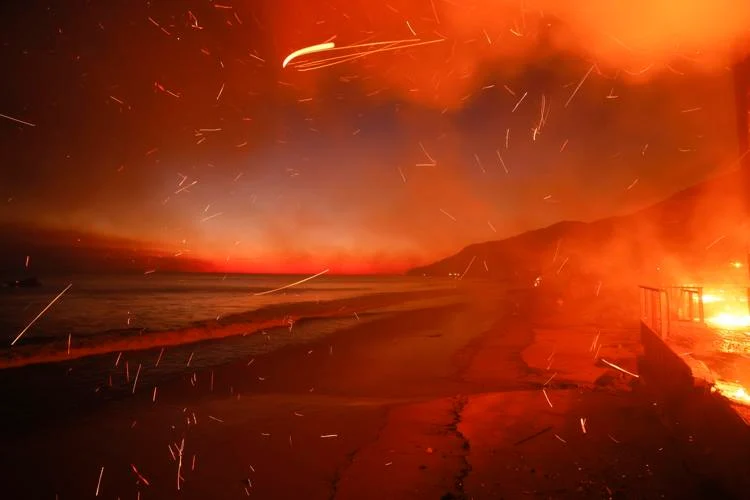Laurenz Busch Chronicle Staff Writer
June 17, 2025

Montana Sen. Tim Sheehy is finding some freshman success in Congress after a bill he introduced to promote wildfire response reform was signed into law by President Trump.
On Thursday, before he flew back to Montana, Sheehy met with Trump, Secretary of the Interior Doug Burgum and firefighters in the Oval Office of the White House.
There, the Aerial Firefighting Enhancement Act was signed by the renowned black Sharpie.
The bill, S.160, will allow commercial firefighting companies to purchase excess military planes and plane parts to fight wildfires in the U.S. Sheehy has repeatedly pushed it as a priority as wildfires continue to devastate communities.
It was introduced in January with Sen. Martin Heinrich, a Democrat from New Mexico, and in April the bill passed the Senate. Earlier this month, the House of Representatives — where Montana Rep. Ryan Zinke introduced companion legislation — also passed Sheehy’s bill.
Although the bill isn’t a new concept, the bipartisan effort received enthusiasm from wildland firefighting companies because it allows them to purchase military equipment.
The same program started in 1996 and expired in 2005. It was then reauthorized in 2012 and continued until 2017.
Sheehy and Heinrich’s proposal will be the third time.
While participating in the legislative process is Sheehy’s job, passing a bill with a significant impact on an industry as a freshman senator is rare, according to Govtrack.us, a site that tracks bills and Congress’ legislative activities.
In 2024, the site reported that during the 118th Congress, just four of the 10 freshman senators saw bills signed into law. They Sen. Eric Schmitt (R-Mo.) with three bills, Sen. John Fetterman (D-Pa.) with two, and Sens. Pete Ricketts (R-Neb.) and J.D. Vance (R-Ohio) who introduced one each.
A co-founder of the Belgade-based aerial firefighting company Bridger Aerospace, Sheehy has leaned on his experience flying wildland firefighting aircraft to target reform, even as critics have accused him of helping the company he founded.
“Bridger Aerospace supports the bill’s efforts to strengthen aerial firefighting capabilities across the industry,” a spokesperson said. “While our aircraft do not utilize excess DoD airframes or parts and we do not expect to benefit, we believe this legislation is a meaningful step toward improving wildfire response and better supporting wildland firefighters.”
A spokesperson for Sheehy reiterated that Bridger does not use military aircraft and that reauthorizing the sale of excess equipment would help Bridger’s competition.
“Sen. Sheehy has been clear that one of his top priorities in the Senate is using his expertise to stop the catastrophic wildfires destroying American communities, and he is not going to apologize for it,” the spokesperson said.
Trump signing Sheehy’s bill coincided with the president issuing an executive order consolidating wildland fire response programs, which Sheehy and other Republicans urged him to do in a letter from May.
The executive order says Burgum and Agriculture Secretary Brooke Rollins will have 90 days to streamline the response effort currently divided into two cabinet departments and five agencies.
The order focused on the fires that devastated Los Angeles earlier this year. Sheehy has used the fires as a catalyst for the 15 bills he has sponsored or co-sponsored to target wildfire reform.
Still, concerns remain. The Associated Press reported some firefighters are worried about the impact reform can have during wildfire season, arguing it could “actually increase the likelihood of more large catastrophic fires, putting more communities, firefighters and resources at risk.”
